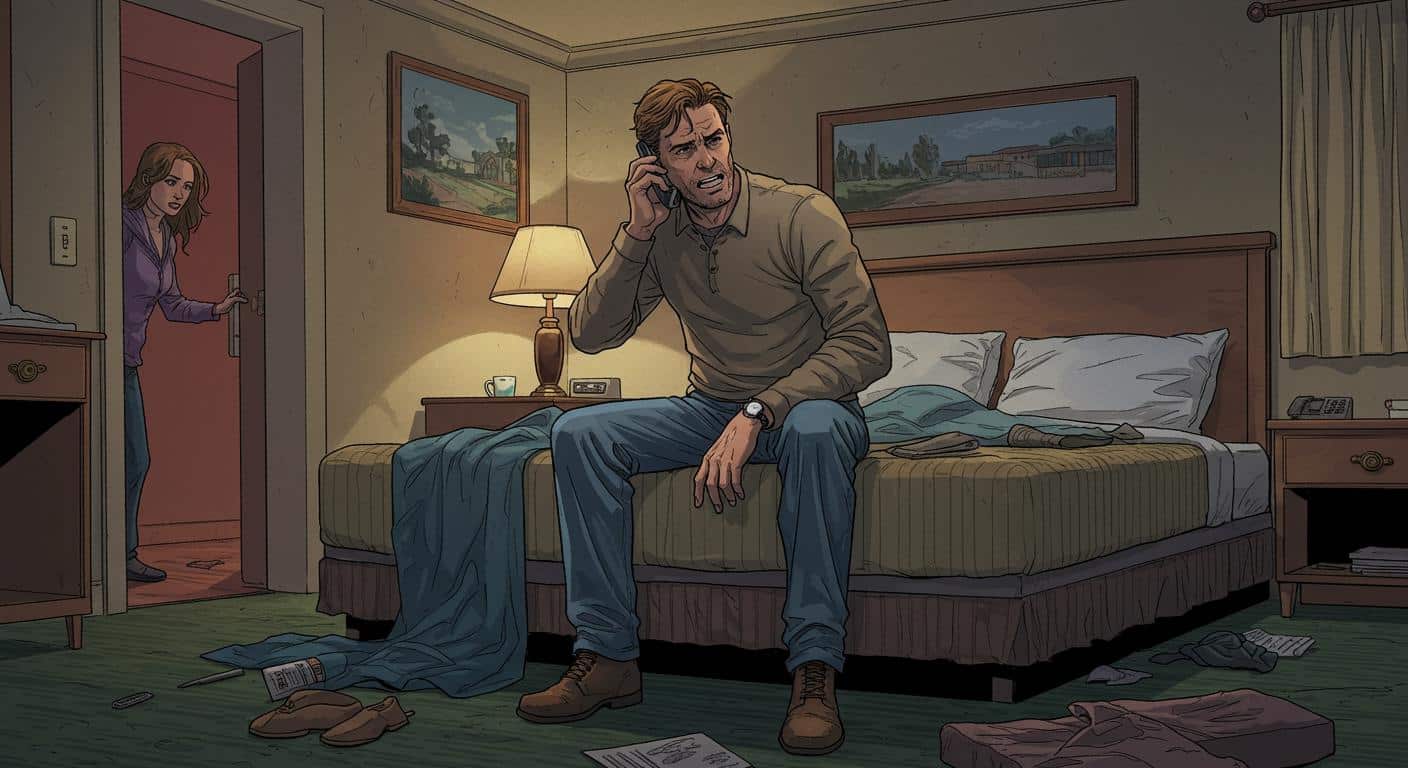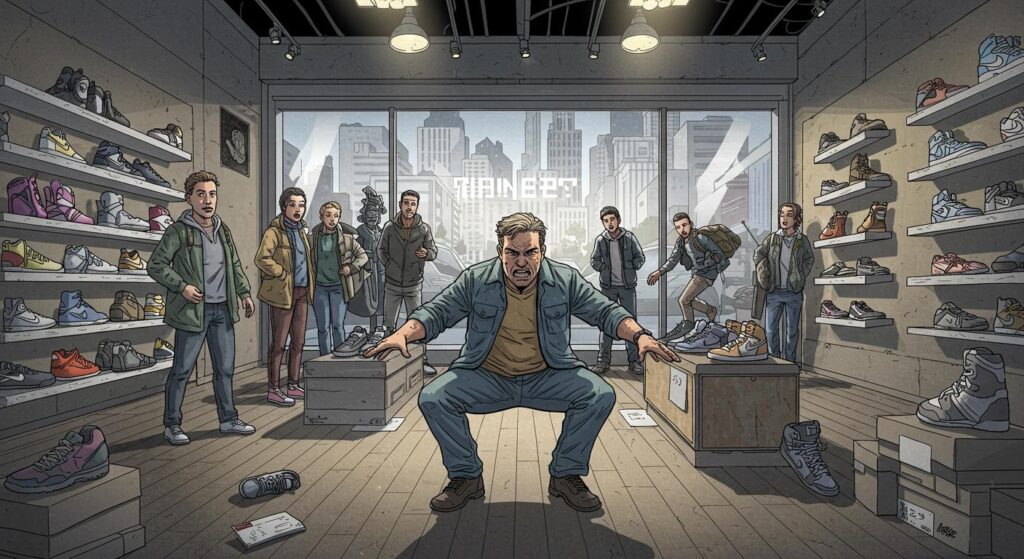There are stories that make you pause, scan the headline twice, and marvel at the reality we share. In a recent Florida episode that feels tailor-made for those attuned to oddities, Sultan Jiza Muedh Alnofaie reportedly called 911 in the early hours of Sunday morning to complain that—after ponying up $300 for sex at OZ Gentlemen’s Club—he hadn’t received the advertised “service.” ABC Action News relays that local authorities didn’t view his case as a customer service emergency; instead, they charged him with misuse of the wireless 911 system.
Of Expectations and Actualities in the Champagne Room
Both OutKick and ABC Action News describe a familiar late-night pattern: a young man, perhaps buoyed by optimism or intoxication, books a private room at a Clearwater strip club. Hoping for a transaction thoroughly outside legal bounds, Alnofaie requested not just a dance but sex from an employee. Staff declined his proposal, at which point he chose to escalate—eschewing the traditional online rant or grumbled walkout in favor of multiple calls to emergency services.
According to OutKick, Alnofaie told deputies he believed security had taken his $300 for sex without delivering the goods. When officers arrived, they noted his slurred words and the distinct scent of alcohol, with club staff echoing that he’d made an explicit request for something they’re neither licensed nor inclined to provide. Instead of any “wrong” being righted, deputies booked Alnofaie for misusing 911, and—perhaps salt in the wound—security did not, in fact, face jail time on his behalf.
Some Contracts Just Aren’t Going to Court
The tale, outlined by both sources, is a gentle reminder that not all transactions—no matter the strength of one’s buyer’s remorse—are eligible for consumer advocacy. While Alnofaie’s call for recourse is, in a strictly literal sense, a plea for justice over a failed exchange, there is a particular category of agreements that neither law nor law enforcement is prepared to enforce. ABC Action News highlights that, following his arrest, Alnofaie was released on bond but now faces the unique distinction of being the customer who tried to formalize an illegal grievance through official channels.
Might this have been a genuine misunderstanding—someone unfamiliar with the nuances of local law and strip club etiquette? Or is it simply a case of conviction (and cocktails) overcoming common sense?
Service Complaints, Florida-Style
Embedded in OutKick’s narrative is Alnofaie’s desire to see security face consequences for allegedly withholding services. This request, however, circled back, landing Alnofaie himself in the Pinellas County jail. The authorities, for their part, stayed well within their professional bounds: no debate over tip percentage, no mediation in the “satisfaction guaranteed” department, just an arrest for a very public miscalculation.
It’s hard not to marvel at the logic—call it creative, call it literal—that led Alnofaie to believe law enforcement might arbitrate his failed champagne room deal. Was this naive faith in absolute consumer rights, or simply a uniquely misguided moment? Either way, as both outlets document, there are just some situations that 911 can’t fix.
When unmet expectations meet immovable statutes, the only thing dialed up is the absurdity. Next time you feel shortchanged by a life experience—be it a soggy burger or disappointment in the velvet-draped corners of OZ Gentlemen’s Club—some disputes are best left un-appealed. Yet in Florida, the line between baffling optimism and legal reality remains as blurry as ever. Should we wonder what stories never make the news, or simply enjoy the spectacle of those that do?







